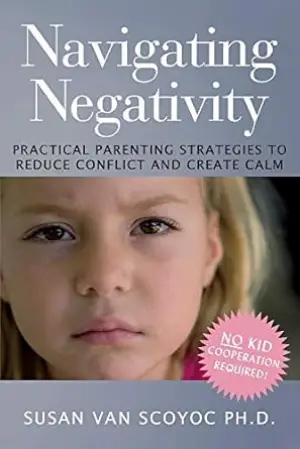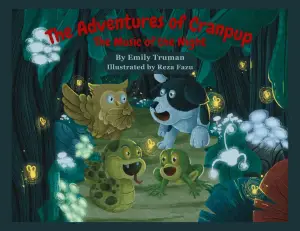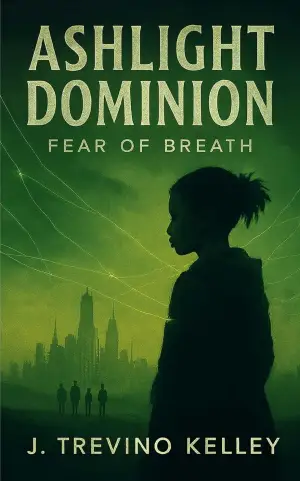Discovering Abscond: A Short Journey of Heart and Growth
As a lifelong reader, I often find myself drawn in by stories that promise transformation, especially those that explore the complex terrain of family dynamics and identity. When I stumbled upon Abscond: A Short Story by Abraham Verghese, a writer known for his capacity to weave intricate emotional tapestries, I knew I had to dive in. Set against the backdrop of a tumultuous summer in 1967 New Jersey, this tale of a young boy named Ravi resonates deeply, both for its themes of loss and its poignant exploration of cultural expectations.
At its core, Abscond delicately navigates the budding identity of Ravi Ramanathan, a thirteen-year-old who embodies the clash of ambition and familial duty. Nearly intoxicating in its simplicity, the story unfolds as Ravi aspires to become a tennis prodigy under the auspices of his encouraging father, while his mother yearns for him to follow in his father’s surgical footsteps. This interplay is more than just a premise; it sets the stage for a riveting coming-of-age experience that quickly spirals into deeper waters as a sudden loss shatters Ravi’s world.
Verghese’s writing style is both elegant and evocative, reflecting a blend of nostalgia and urgency that pulls you in from the first page. The prose flows with a tenderness that captures both the vibrancy of a young boy’s dreams and the crushing weight of unexpected grief. It’s not often that a short story can distill such a wide spectrum of human emotion in so few pages, but Verghese accomplishes just that. One moment that lingered with me was when Ravi, grappling with the absence of his father, starts to grasp that grief manifests not only as longing but as an intricate web of memories, missed opportunities, and lessons learned. This profound realization left me reflective, contemplating the unspoken complexities of my own experiences with loss.
Feedback from other readers mirrors my sentiments, with comments highlighting how Abscond captures the essence of love and the struggle to maintain one’s cultural roots in a modern world. One reviewer noted how Ravi’s emotional journey evokes a universal understanding of loss, stating that “the only way to deal with their absence is to recreate a physical presence.” Such insights resonate strongly, speaking to the collective human experience of finding meaning amidst sorrow.
Abscond is a compact read, clocking in at just 38 pages, yet it leaves an indelible mark. It invites you to reflect not only on the dynamics of family but also on the quiet yet profound ways we understand our identities shaped by love, tradition, and loss.
I would highly recommend this short story to anyone who appreciates nuanced character studies and poignant reflections on life’s unpredictability. It’s perfect for readers who relish coming-of-age tales or those seeking a sense of connection through shared experiences of grief and growth. Personally, reading Abscond has been akin to stepping into a gentle yet stirring embrace—one that reminds us to cherish every fleeting moment and to strive toward understanding ourselves even amid the storms of life. If you seek a resonant story that both comforts and challenges, look no further than this beautifully crafted piece by Abraham Verghese.







